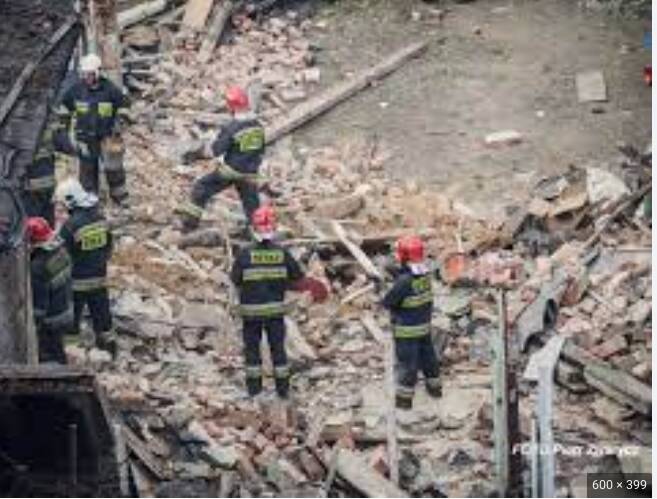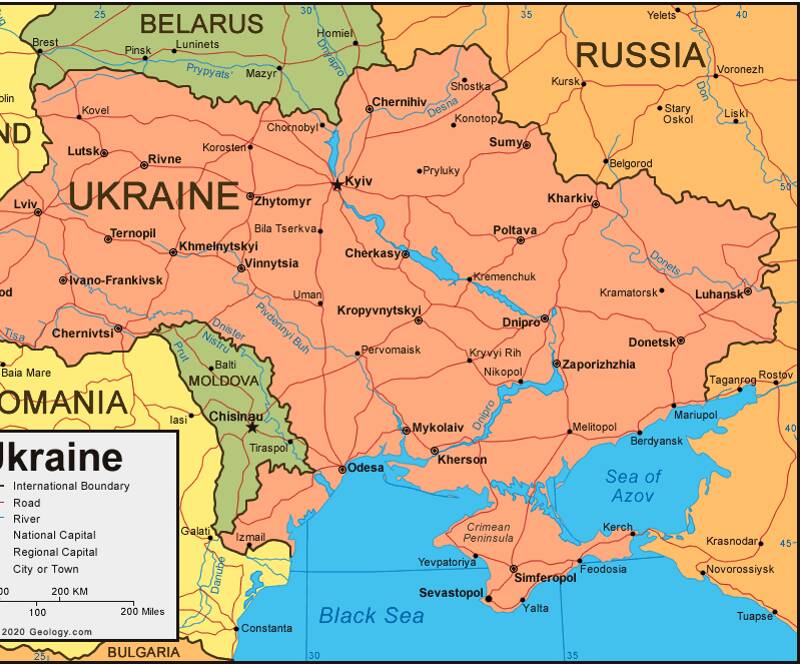
Few incidents have more clearly demonstrated that the first casualty in war is the truth than the initial response to news a missile had fallen on Poland, killing two local farmers.
Almost immediately Ukrainian President Vladimir Zelenskyy was claiming Russia had attacked Poland, a NATO member. He said the incident was "a Russian missile attack on (NATO's) collective security" and that it represented "a very significant escalation".
President Zelenskyy, who is well aware of NATO's "an attack on one member is an attack on all" doctrine, would understandably be delighted if the defensive alliance was drawn into a more active role in the conflict.
While he has welcomed the billions of dollars' worth of equipment and other support provided by NATO and countries such as Australia, President Zelenskyy has repeatedly said the west should be doing more. It's no wonder then that when a missile did fall on a NATO member country that he seized upon it as potentially a "Pearl Harbour" moment that could bring powerful allies into direct conflict with Russia.
IN THE NEWS
- Fear and terror: Charlestown strangler apologises to victim's family
- What's on in Newcastle and the Hunter this weekend
- Ponga no certainty to switch to six next season
- Newcastle Rebels appoint new coach for two years
The leaders of Lithuania, Estonia and Latvia - the three small Baltic states who share a border with Russia - were quick to jump on the Ukrainian bandwagon.
It is unfortunate, given all three countries have been members of NATO since 2004 and would surely have an understanding of how the alliance works, that none of its leaders paused to consider the possibility the missile could have been Ukrainian.
Poland, fortunately, adopted a more measured approach and within hours of the strike President Andrzej Duda was saying it was "highly probable" the missile was launched by Ukrainian anti-aircraft defence.
Ukraine's foreign minister Dmytro Kuleba did his nation no favours when he tried to refute this suggestion by saying it was "a conspiracy theory" to suggest missiles were part of Ukrainian air defences. It is well known Russia and Ukraine both use S-300s.
Given the strike on Poland occurred about the same time Russia was pounding Ukraine with rockets in order to knock out energy infrastructure ahead of winter, it seems quite likely one of the hundreds of SAMs launched in response had gone astray.
That was the initial conclusion of US defence officials.
While none of this absolves Putin and Russia from the ultimate responsibility for the deaths of the Polish farmers, it highlights the need for cooler heads to prevail when incidents such as this occur. If, for example, NATO had accepted President Zelenskyy's version of events instead of waiting for the facts the consequences could have been catastrophic for the entire world.
Ukraine is receiving massive support from the west in its bid to drive the Russian invaders from its soil. If, by spreading misinformation either by accident or design, it escalates the conflict to include NATO forces then that support would be in jeopardy once the truth was known.
ISSUE: 39,758








